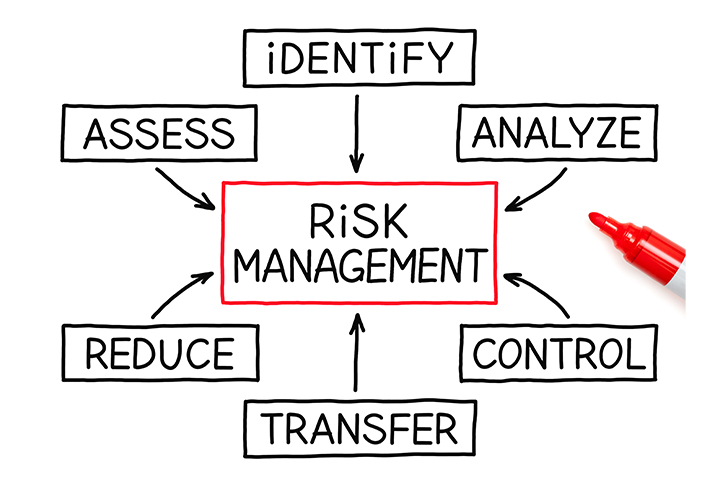How electronic signatures meet global standards
Google the keywords electronic signatures and you’ll find 115,000,000 results – a lot right! Electronic signatures are often called Digital Signatures as well. For me, this is reflective of the world moving to more efficient ways of signing that don’t require a person to person exchange of paper that requires a signature – it’s as simple as that really.
According to Microsoft
A digital signature is an electronic signature, encrypted, stamp of authentication on digital information such as email messages, macros, or electronic documents. A signature confirms that the information originated from the signer and has not been altered.
According to Adobe sign
An e-signature or electronic signature is a legal way to get consent or approval on electronic documents or forms. It can replace a handwritten signature in virtually any process.
You don’t have to look far courtesy of google to understand what the legal definitions of an electronic signature are in every country you trade. For 1Centre, this currently includes New Zealand and Australia.
New Zealand Electronic Transactions Act 2002
New Zealand as most of us know, offers the New Zealand Electronic Transactions Act 2002, which essentially states that a legal requirement for a signature can be met by electronic means. So long as certain requirements are met, an electronic signature will be considered just as valid as a written signature. Section 22 of the Act provides that an e-signature must:
- Adequately identify you as the signatory and adequately indicate your approval of the information to which your signature relates, and
- Be ‘as reliable as appropriate’, given the circumstances in which the signature is required.
Australian Electronic Transactions Act 1999
According to the Attorney Generals (AG) office Australia, The Electronic Transactions Act 1999, ensures that a transaction under a Commonwealth law will not be invalid simply because it was conducted through electronic communication.
The simplicity of how the AG’s office lay out what this means, to me anyway, is almost elegant it’s so simple. They go on to say that if a Commonwealth law requires you to:
- Give information in writing
- Provide a handwritten signature
- Produce a document in material form
- Record or retain information

The Electronic Transactions Act means you can do these things electronically, unless they are specifically exempted by the Electronic Transactions Regulations 2000.
1Centre Electronic Signatures
Here are the key requirements for 1Centre, when using the 1Centre Trade Credit or Cash Application flow:
- Personal signatures only. We currently do not offer the executing of deeds or witnesses due to the complexities of facilitating a digital experience. This may change in the near future but for now the majority of our customers only accept personal guarantees – where as we know consideration can be proven;
- All applicants, guarantors, signatories of direct debit authorities and card holder forms must provide a copy of their identification. This identification is presented to our customer and added to the virtual credit file. Upon approval, the identification along with the other forms of digital signature captured are imprinted on the PDF document, a copy is sent to the applicant/s. All 1Centre documentation is encrypted and stored on AWS S3;
- Identification verification and Anti Money Laundering (AML) checks are also offered. The results imprinted on the digital signature section of the virtual credit file and on the PDF.
The world of electronic signatures is evolving as is 1Centres capability. With legislative changes and new technologies coming to market, a lot more security and validity of identification will be possible.
Read more about how technology is helps credit managers
Watch this space.
Read more articles related to this topic below:
- Enhancing Trade Credit Security with Biometric Verification
- Why Australia’s Construction Industry Needs Trade Credit Automation
- Beyond Insurance: The Case for Trade Credit Assurance
- Data Zoo Announces Partnership With Trade-Credit Platform 1Centre
- Managing Risks in Hiring Equipment While Giving Trade Credit to Small Business Owners
- 5 factors to look for in your trade-credit software
- How AI and automation is solving Credit Management headaches
- SaaS automation applied to identity fraud in trade credit
- Trade credit & COVID-19: The early bird catches the worm
- The Top 5 Benefits of Storing Data in the Cloud
- Trade Credit: How to get paid what you are owed





